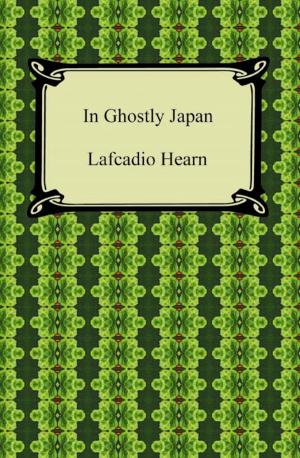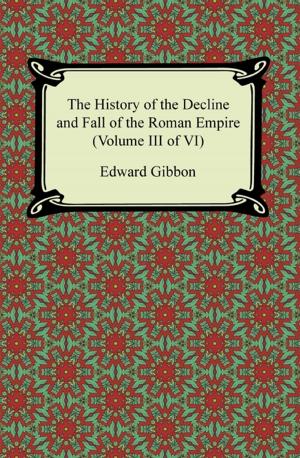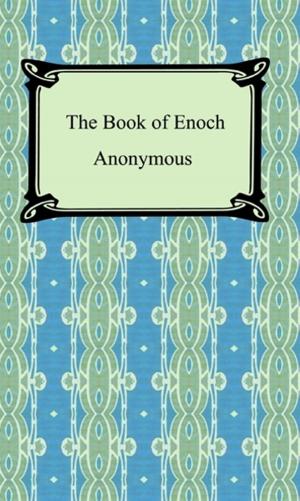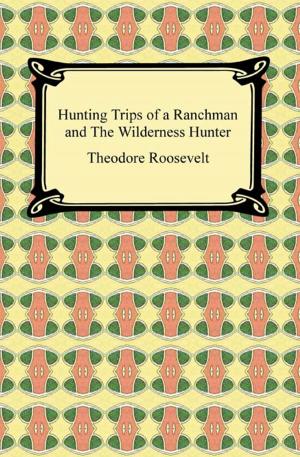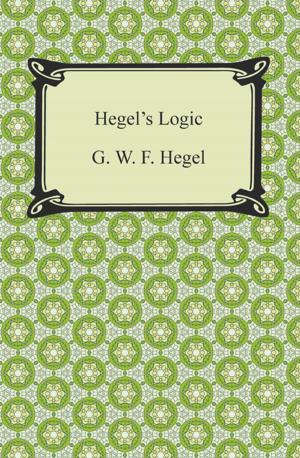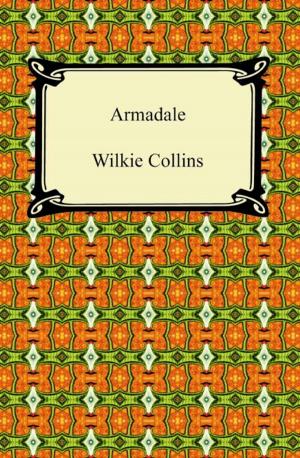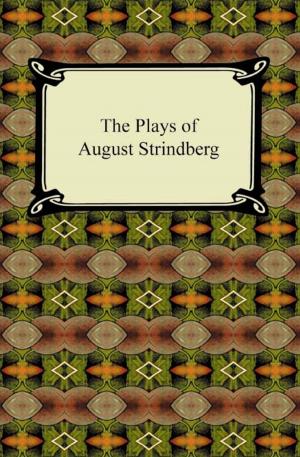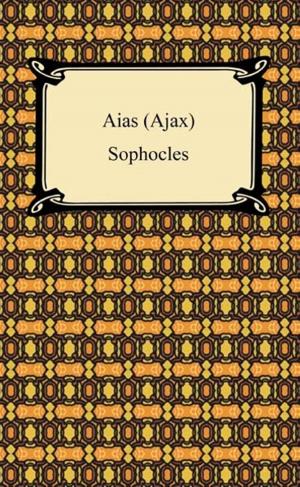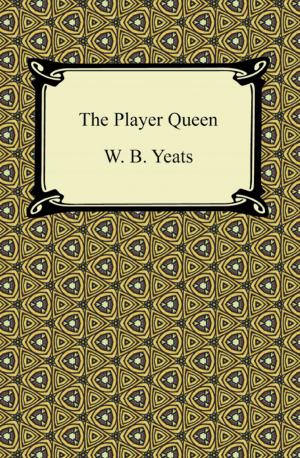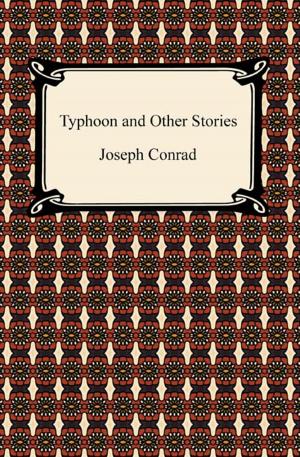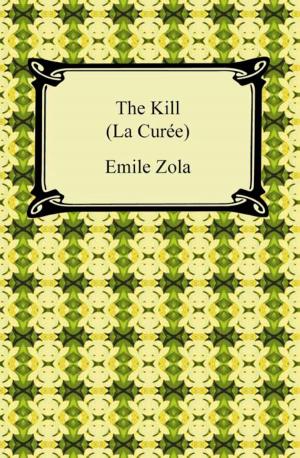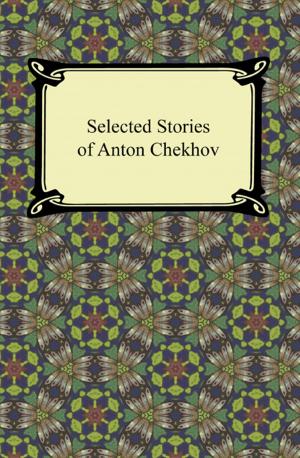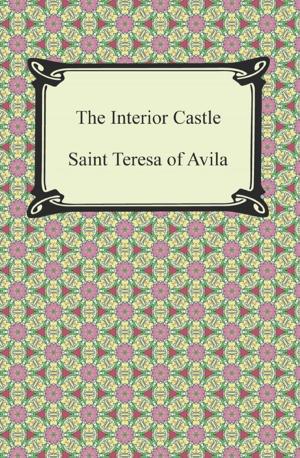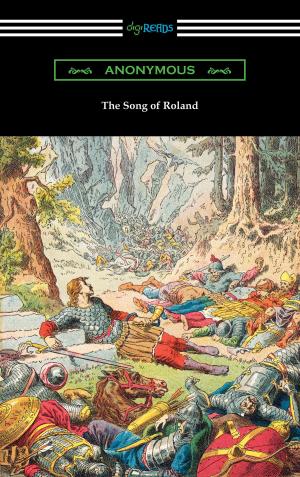| Author: | W. B. Yeats | ISBN: | 9781420942293 |
| Publisher: | Neeland Media LLC | Publication: | December 15, 2009 |
| Imprint: | Digireads.com Publishing | Language: | English |
| Author: | W. B. Yeats |
| ISBN: | 9781420942293 |
| Publisher: | Neeland Media LLC |
| Publication: | December 15, 2009 |
| Imprint: | Digireads.com Publishing |
| Language: | English |
William Butler Yeats was born near Dublin in 1865, and was encouraged from a young age to pursue a life in the arts. He attended art school for a short while, but soon found that his talents and interest lay in poetry rather than painting. Awarded the Nobel Prize for Literature in 1923, Yeats produced a vast collection of stories, songs, and poetry of Ireland's historical and legendary past. These writings helped secure for Yeats recognition as a leading proponent of Irish nationalism and Irish cultural independence. He received honorary degrees from Queen's University (Belfast), Trinity College (Dublin), and the Universities of Oxford and Cambridge. "The King's Threshold", first performed by the Irish National Theatre Society in 1903, referred to an Irish tradition that dates back to the 7th-8th centuries of commoners enforcing hunger strikes against people of higher status to whom they were indebted. It told the story of a bard who undergoes a hunger strike against the king.
William Butler Yeats was born near Dublin in 1865, and was encouraged from a young age to pursue a life in the arts. He attended art school for a short while, but soon found that his talents and interest lay in poetry rather than painting. Awarded the Nobel Prize for Literature in 1923, Yeats produced a vast collection of stories, songs, and poetry of Ireland's historical and legendary past. These writings helped secure for Yeats recognition as a leading proponent of Irish nationalism and Irish cultural independence. He received honorary degrees from Queen's University (Belfast), Trinity College (Dublin), and the Universities of Oxford and Cambridge. "The King's Threshold", first performed by the Irish National Theatre Society in 1903, referred to an Irish tradition that dates back to the 7th-8th centuries of commoners enforcing hunger strikes against people of higher status to whom they were indebted. It told the story of a bard who undergoes a hunger strike against the king.

